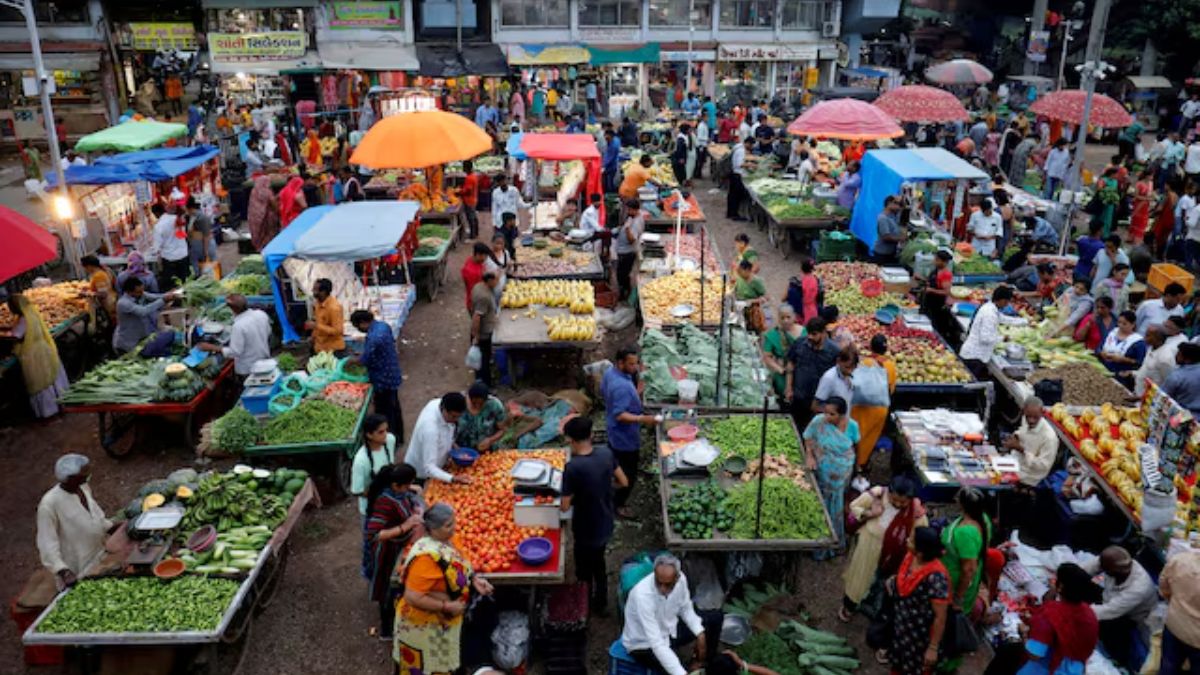India’s retail inflation in July fell to below 2 per cent, the lowest in eight years, according to data released on Tuesday.
India’s retail inflation fell to 1.55 per cent in July from 2.1 per cent in June. This is the first time it has gone below the 2 per cent-mark since 2019.
Food inflation remained in the negative territory for the second straight month, falling to -1.8 per cent in July from -1.1 per cent the previous month.
The low food inflation —the lowest since 2019— was on account of lower prices of pulses, vegetables, cereals, eggs, sugar, and transport costs.
Similarly, the rural inflation was 1.18 per cent in July, down from 1.72 per cent in June, and urban inflation fell to 2.05 per cent in July from 2.56 per cent the previous month.
The Reserve Bank of India (RBI) has a target of 4 per cent with a plus-minus tolerance of 2 per cent, which means that the target range of inflation is 2-6 per cent. But a monthly inflation of under 2 per cent does not necessarily mean deflation or a recession in the making. In any case, the RBI has projected that inflation will rise to stay within the 2-6 per cent range in the coming months.
In its latest projections, the RBI cut its annual inflation forecast for 2025-26 to 3.1 per cent from the previous 3.7 per cent but maintained that it would remain in the 2-6 range. The RBI projected that inflation would average at 2.1 per cent in the second quarter, rise to 3.1 per cent in the third quarter, and then further rise to 4.4 in the fourth quarter.


)

)
)
)
)
)
)
)
)



